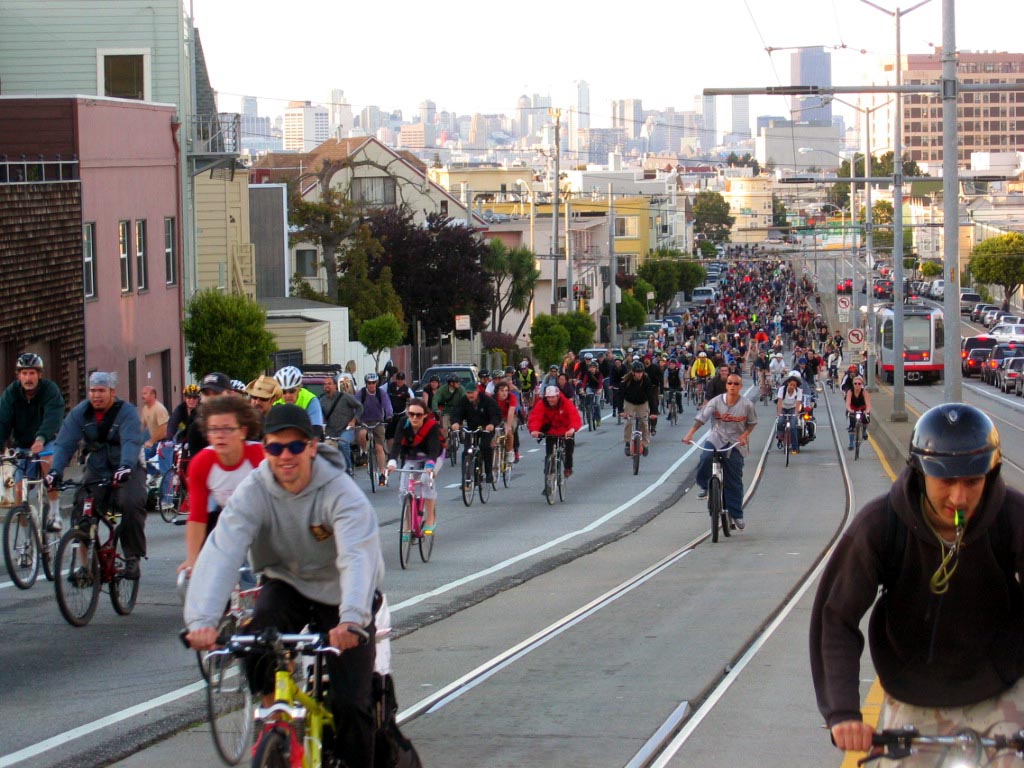
-Lauren Silverman
Do you remember photo albums? I do. On a shelf in my living room there are 20 photo albums. Each one represents a year of family history. The first red leather album is from 1983, the year my brother was born. As you scan from left to right the albums get progressively thinner, entirely disappearing by the year 2002. No, my family didn’t stop taking pictures. In fact, if anything, we take more pictures now than ever before. The difference is that we, like pretty much everyone else, don’t print them.
Today, printing pictures is an anomaly. It's not just teenagers who are uploading photos of crazy parties and drunken adventures. Your 10 year-old son, grandma and grandpa, and even new moms and dads have put aside the old fashioned photo album and decided to pick up their laptops.
Theoretically, online photo albums mean more opportunities to share those “special” moments with friends and relatives. In reality, it has meant subjecting friends and relatives to pretty much EVERY moment of everyone's lives. You see, photo albums have a limited number of pages. Flicker, Snapfish, Shutterfly, and Photobucket, on the other hand, allow you to upload as many pictures as you want. Now that’s a lot of baby photos, or kitties, or sunsets.
The problem with storing photos online, instead of printing them, is that photographers no longer have any incentive to be selective about what they share and what they don’t. Rather than sifting through a collection of that year’s photos and showcasing the top 25, they share all 1,300. Oh, and I do mean 1,300. Sitting on a couch and looking through a photo album with two pictures per page was painful enough – sitting on desk chairs and scrolling through flickr albums with 300 shots per page actually makes my eyes bleed.
It’s not that I miss glossy photo paper or dropping rolls of film off at the grocery store to be developed. What I miss is sitting down with a friend and seeing a few breathtaking views from her most recent trip, instead of being sent a link to a webpage with 500 pictures documenting her every step.



















